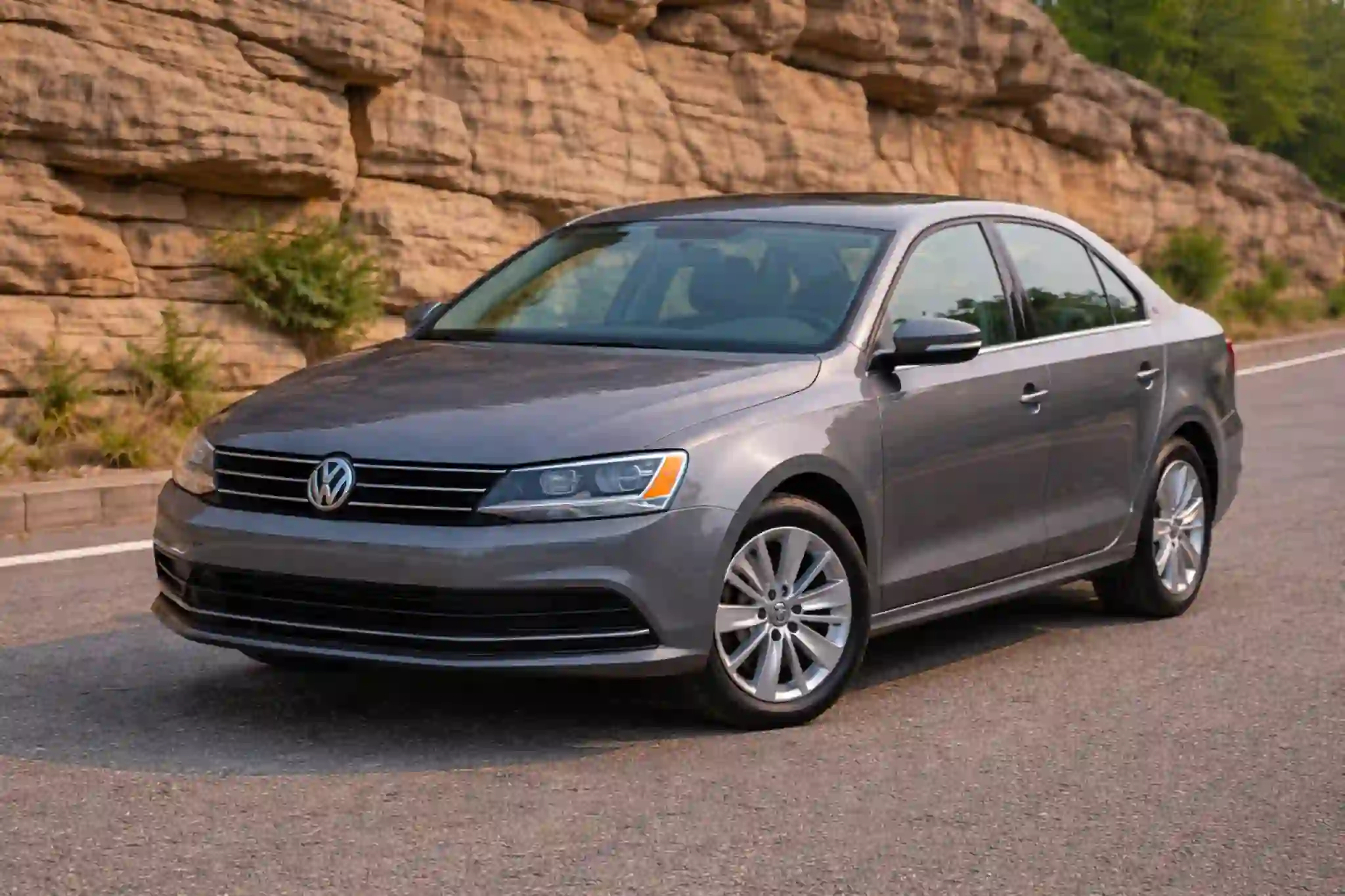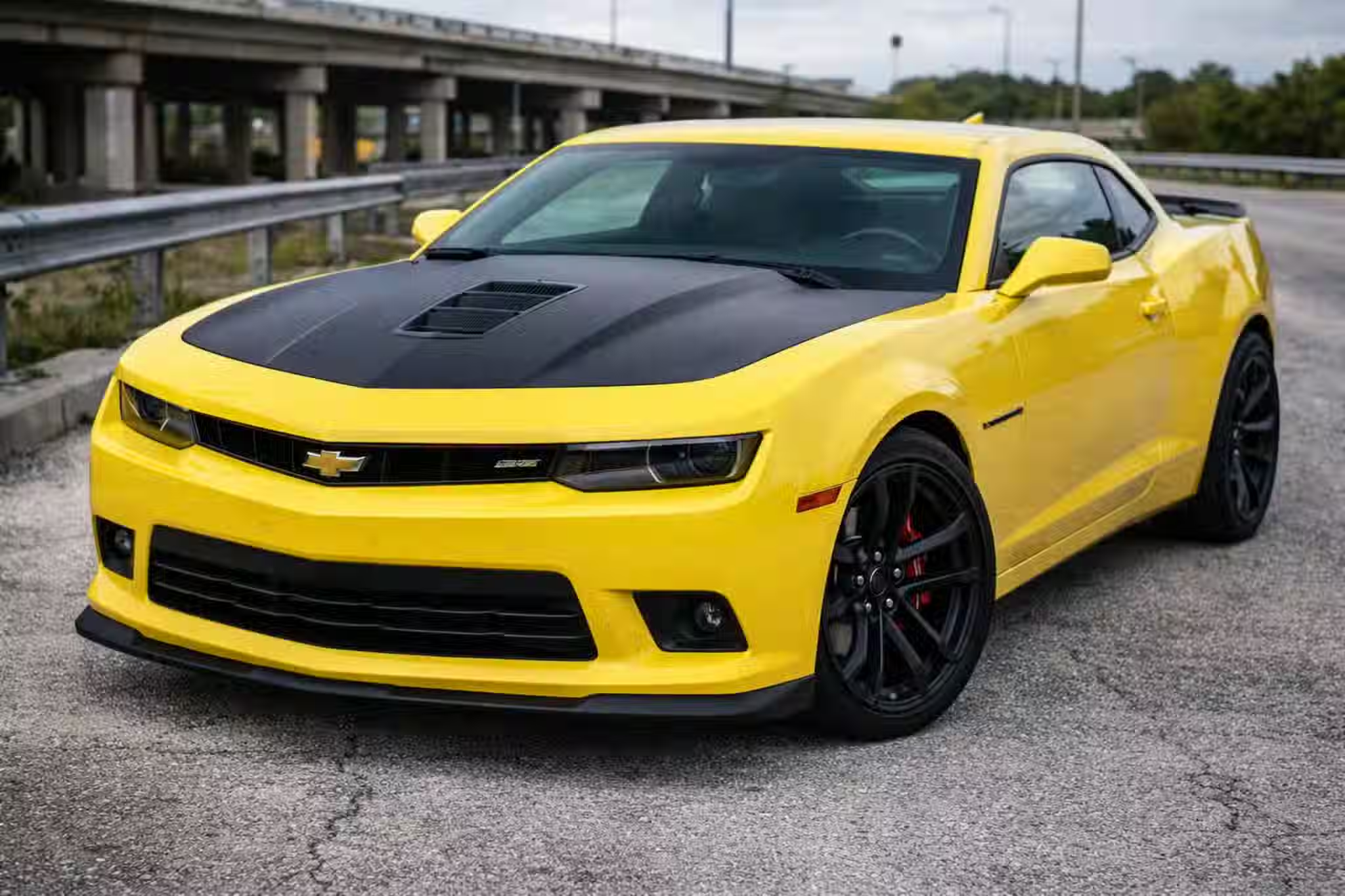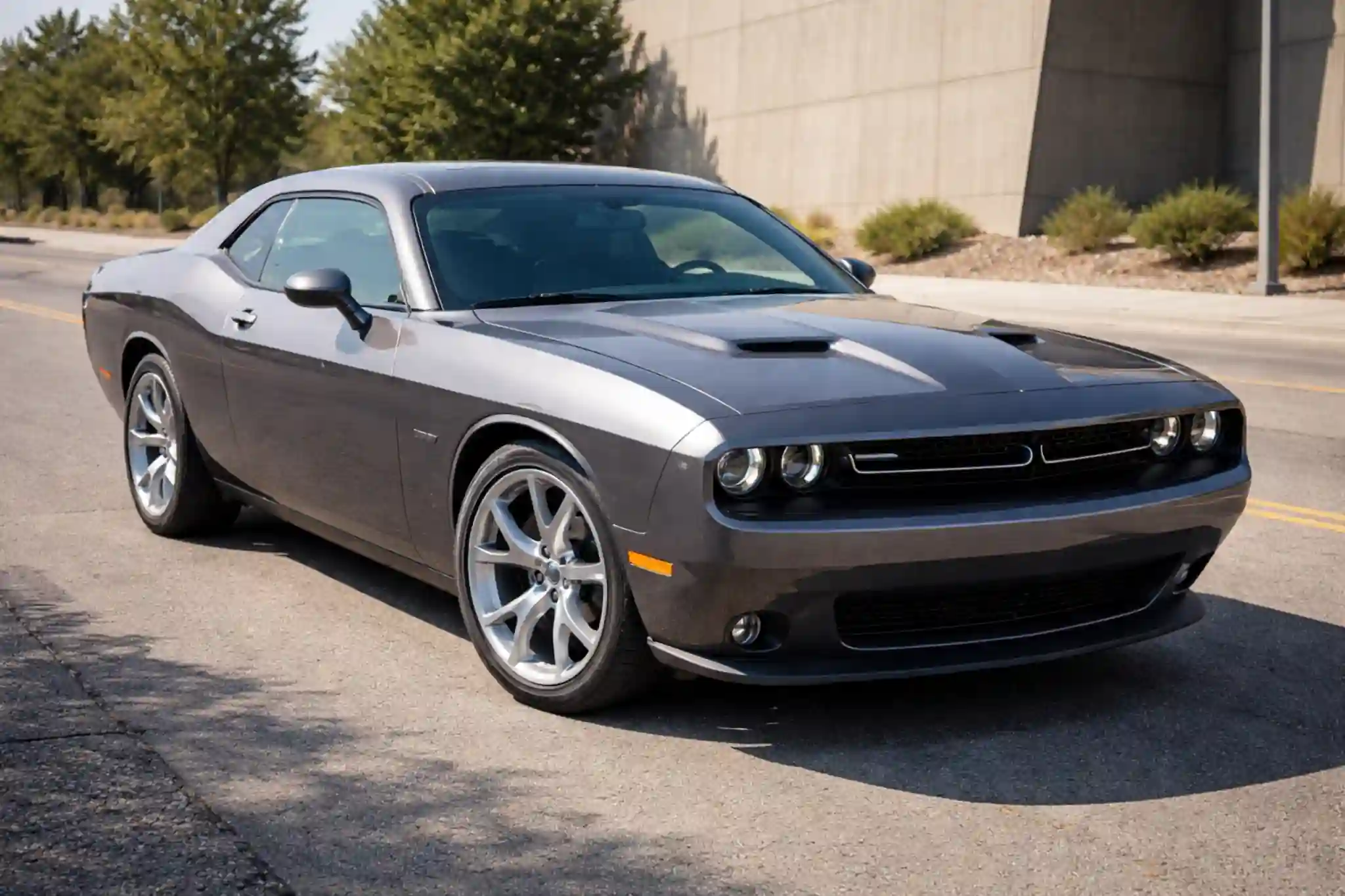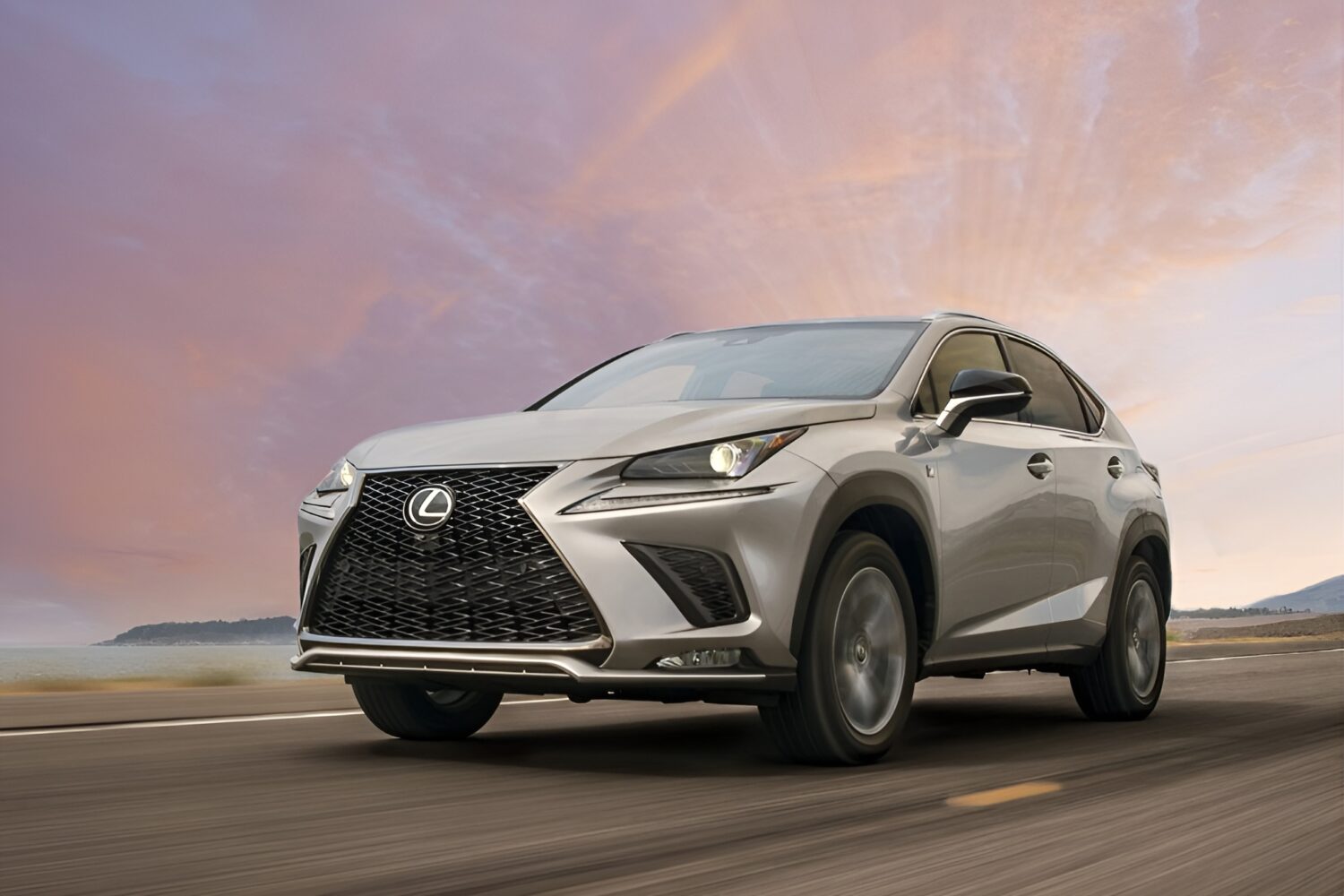
Price: $38,535 - 47,535
7.8 /10
Rating
Pros
- Premium interior build quality
- Agile sport-tuned handling dynamics
- Comprehensive safety and warranty coverage
Cons
- Firm ride on rough surfaces
- Elevated pricing with premium trims
- Cumbersome infotainment interface controls
Overview: 2021 Lexus NX 300 F Sport
Skepticism fades fast behind the wheel of this luxury compact SUV, a Goldilocks blend of premium polish and small-SUV agility that maneuvers with appealingly corporate ambitions. Positioned between the small UX and large RX, the most popular model in Lexus’ four-strong SUV range balances build quality and talents, think a hushed cabin, supple suspension, and striking design, while competing fiercely with rivals like the Audi Q5 and BMW X3. Even coupe fans drawn to the Lexus RC may find themselves surprised by the versatility here, especially those familiar with the refined comfort and smooth dynamics of the Lexus ES 350, which showcase the brand’s mastery of quiet sophistication. Though its limited capacity and bouncer-like ride on rough roads hint at deep-digging compromises, the drives shine: canyon runs feel playful thanks to sharp steering, while highway cruising leans into its road-trip vehicle charm. The hidden desire here? To transcend expectation, offering fun without sacrificing premium SUV margin, quality without stiffness. Yet, small quirks linger: the infotainment layout frustrates, and max capacity trails the Porsche Macan. Still, for those seeking a compact alternative with room to spare and manner that supports both town errands and discovery-fueled weekends, this Lexus model proves time hasn’t dulled its appeal.
What's New in the 2021 Lexus NX 300 F Sport?
Refreshingly bold yet subtly evolved, the 2021 refresh tackles the age curve with tweaked design cues like sharper black styling elements and alloy wheels. Debuting the Crafted Edition—a limited-run variant—it introduces Nori Green Pearl, a new color that exudes understated elegance. Upgraded tech shines with keycard entry, a 360-degree camera, and power-folding mirrors featuring an auto-dimming function. The options sheet now lists a Mark Levinson stereo bolstered by a premium amplifier, while safety gets a boost via blind spot monitoring and rear cross-traffic alert. Inside, the steering wheel sports a fresh design flanking a crisp digital tachometer, and even the entry-level Luxury variant scores a moonroof as standard. Though compact, it sidesteps subcompact compromises, blending sophistication with everyday practicality.
Pricing, Trim Levels, and Best Choice
Navigating the trim levels means striking the right balance between value and indulgence. Starting at $38,535, the base Luxury model comes with front-wheel drive, along with essentials like a moonroof and smart key. However, opting for the $1,400 package, which includes a wireless charger and a panoramic camera, feels like a worthy upgrade. Stepping up to the F Sport trim at $40,635 enhances the experience with aggressive styling, adaptive suspension, and a heated steering wheel. Meanwhile, the fully loaded tester at $47,535 packs in premium features like power-folding heated rear seats, driver’s seat memory, and an upgraded audio system. The jump to top-tier specs may seem steep, but tech additions such as the head-up display and expanded safety features reinforce its value—if luxury is your priority.
Powertrain, Transmission, and Driving Dynamics
Slide behind the steering wheel, and the 2.0-litre turbocharged four-cylinder engine—pumping out 175kW and 350 Nm of torque—delivers pep with a satisfying growl, though don’t mistake it for a dragster: 0-60 MPH arrives in a relaxed 6.5 seconds, a far cry from the Lexus RX 450h+’s electrified 3.8-second sprints. The six-speed automatic transmission pairs smoothly with the all-wheel drive drivetrain, offering crisp gear change via steering wheel paddles in Sport+ mode, yet it occasionally feels lazy when left in Eco. Stab the pedal, though, and turbocharged urgency kicks in by 1650-4000rpm, shoving you forward with rapid response—ideal for 50-70 MPH highway overtakes. Adaptive suspension strikes a clever balance, ironing out bumps without dulling cornering precision, while the steering’s ratio and tuning feel natural, minimizing torquesteer even when pushing hard. Compared to the plush Lexus LX 570, this SUV trades some heft for agility, its independent suspension and body control lending a playful edge. Fuel it with premium unleaded (95 RON), and the engine hums contentedly, though shocks occasionally stumble over sharp impacts. A part-time enthusiast’s toy? Perhaps—but one that nails everyday comfort with a wink toward Sport DNA.
Fuel Efficiency and Driving Range
Balancing performance and efficiency, the nonhybrid NX 300 delivers 22 mpg city and 28 mpg highway—respectable for an SUV crossover but trailing lower-slung rivals like the GLA250. The hybrid NX 300h, however, improves significantly to 33 mpg city and 30 mpg highway (6.9L/100km combined). In real-world testing, the nonhybrid averaged 9.7L/100km in mixed driving, partly due to its tall gearing and higher RPMs at cruising speeds. Meanwhile, the NX 300h proved 30% more efficient under the same conditions. While urban fuel consumption remains moderate, highway mileage suffers as the gas engine works harder. Those prioritizing efficiency may find the hybrid’s premium cost justified—though not as much as expected.
Premium Interior and Comfort
Slip inside, and the cabin immediately impresses with its contrast of black and cream surfaces, adorned in soft-touch materials that whisper luxury. The F Sport’s bucket seats, wrapped in perforated leather, deliver adjustable bolsters and heating/cooling—ideal for winter mornings or freeway marathons. During my test, the 14-speaker sound system dazzled, while dual-zone climate control let occupants tweak airflow via vents or a tactile knob. Practicality shines: wireless charging nestles under the armrest, deep-pile mats cushion footwells, and reclining back-seat seats offer surprising leg room for adults. Even tight turns felt manageable thanks to the telescope-adjustable steering and supportive knee pad—a blend of sporty precision and everyday ease, though not quite Lexus LS 500 territory.
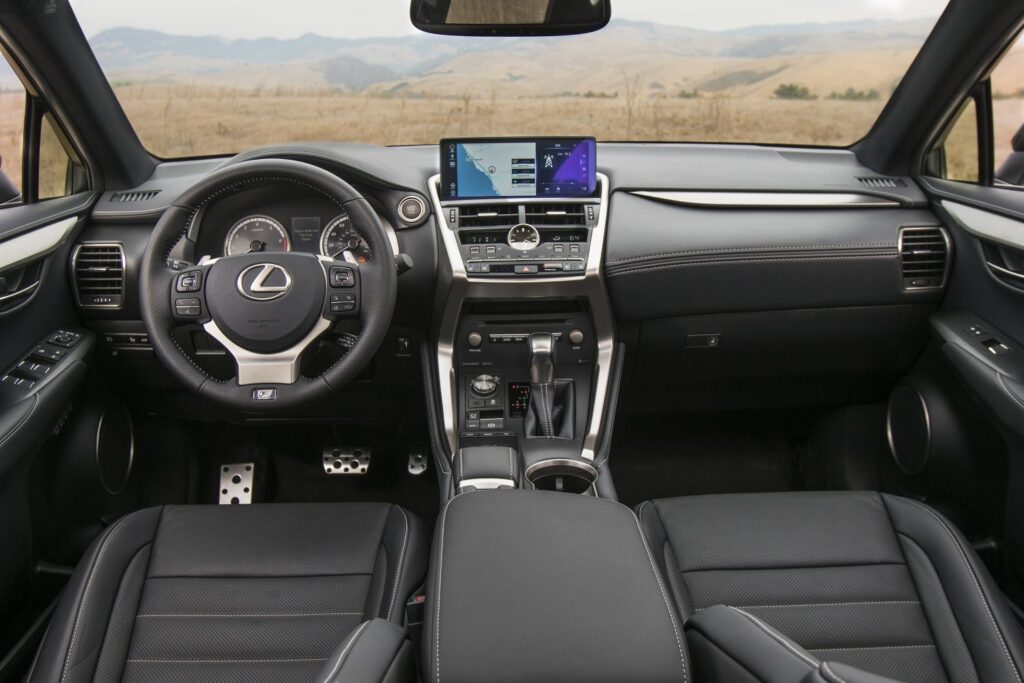
Cargo Space and Practicality
Glance into the boot, and you’ll find 500 litres (17.7 cubic feet) of cargo space—enough for grocery hauls or weekend trails, though bulky items like rear-facing child seats test its limits. Fold the rear seats via a handy button, and capacity expands to 1545L, rivaling competitors like the RX 350, though the sloped rear window slightly hampered my access to taller gear. Inside, clever nooks—door pockets, a deep center console, and a glovebox—swallow small essentials, while car seat points in the outboard seating positions simplify family duty. Compared to the mid-size segment, the vehicle feels compact but not cramped; I squeezed in a long duffel behind the back seats without sacrificing rear legroom. Coming from a larger SUV like the Lexus GX 550, the overall layout here feels more urban-focused. Up top, the roof compartment adds flexibility, but that rakish roofline? Save wide boxes for another Lexus.
Infotainment, Connectivity, and Smart Tech
Sliding into the driver’s seat, the 10.3-inch multimedia screen immediately commands attention, though the remote touchpad below the armrest feels like navigating a nightmare—clunky and distractingly fussy at speed. Thankfully, wireless Apple CarPlay and Android Auto integration keep your phone seamlessly connected, while the charging mat tucked into the console eliminates cable clutter. Lexus’ satnav system remains reliable, though its software could use a refresh to match rivals’ slick interfaces. Personal gripe aside, the keyless entry and auto high-beam tech prove effortlessly intuitive, complementing rain-sensing wipers and a sharp driver attention monitor that nudged me twice during my week with the vehicle. Tuning audio via the mousepad-style control is oddly satisfying once mastered, and the customizable head-up display projects essentials like radio station info or car settings without cluttering the view. Minor quirks aside, this package balances everyday convenience with enough Lexus polish to keep tech enthusiasts intrigued.
Safety and Driving Support
Remarkably, the Lexus blends reassurance with innovation, earning a five-star ANCAP rating (scoring 35.39/37) thanks to 37 airbags—including curtain, knee, and head-protecting units—that cocoon occupants. The Lexus Safety System+ shines: pre-collision assist braked instinctively for a jaywalking pedestrian, while lane-departure steering nudged me back without fuss.
Key features:
✅ 360° camera & sensors made tight reversing easy.
✅ All-speed adaptive cruise eased urban stop-and-go stress seamlessly.
✅ Sharp blind-spot monitoring, but flickering auto high-beams on curves.
Lexus's Warranty and Maintenance Plan
Impressive here: Lexus backs its luxury pedigree with a four-year/50,000-mile bumper-to-bumper warranty, edging out the BMW X1’s three-year term and matching the Volvo XC40’s six-year/70,000-mile powertrain protection. Complimentary scheduled maintenance for three years or 36,000 miles sweetens the deal—covers basics like oil changes and tire rotations at 10,000-mile intervals.
Key features:
✅ Standard coverage spans years longer than industry average.
✅ Plans include 70,000-mile protection for peace of mind.
✅ Benefit from one less scheduled stop versus rivals.
2021 Lexus NX 300 models
Navigating the 2021 Lexus lineup reveals three distinct personalities: the base, Luxury, and NX 300 F Sport, each tailored to different tastes. Sliding into the F Sport’s bolstered seats, I immediately noticed its sharper handling—thanks to adaptive suspension—while the turbocharged 235-horsepower engine paired with a six-speed automatic transmission delivered smooth, responsive power. Opt for all-wheel drive available on any trim, though front-wheel drive keeps things efficient. The Luxury model pampers with semi-aniline leather and wood trim, contrasting the F Sport’s aggressive styling. Though the hybrid NX wasn’t my test model, its eco-conscious appeal broadens the compact SUV’s versatility. Whether prioritizing sportiness or opulence, this five-passenger contender ensures no trim levels feel like an afterthought.
| Trim Level | Features |
|---|---|
| NX 300 |
|
| F Sport |
|
| Luxury |
|
| Available Options |
|
Gallery:
Images sourced from Lexus Newsroom.



